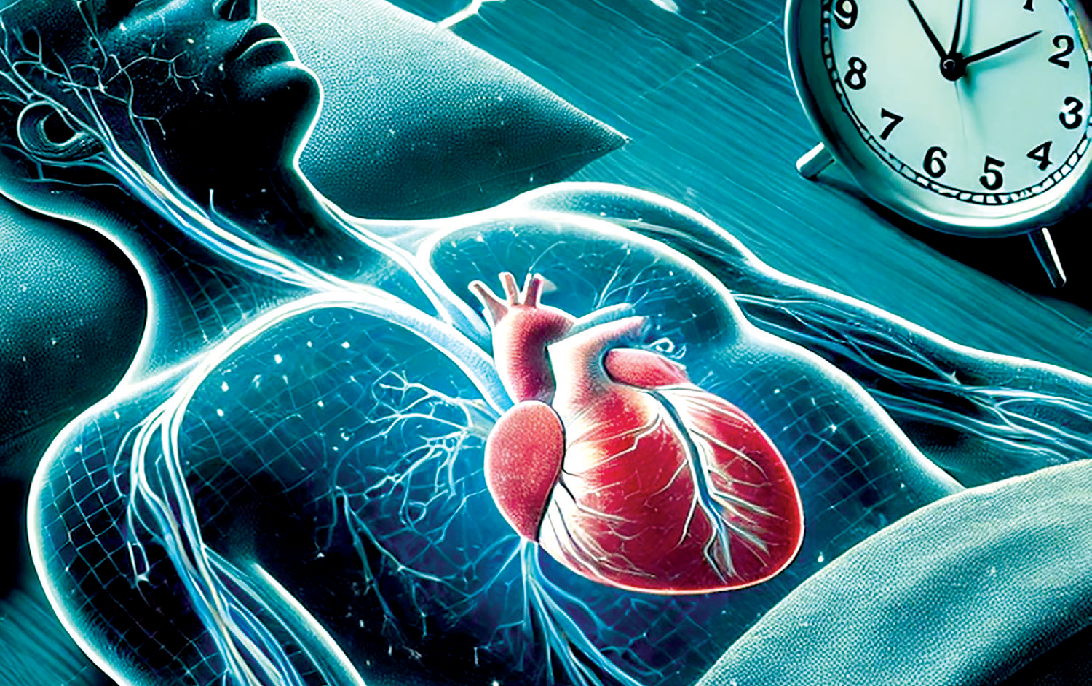
DEMENTIA Causes, diagnosis, and prevention
Memories are precious moments that narrate our life stories. Can you imagine losing all these memories one day? Such an event could profoundly reshape your sense of self. As humans, we craft memories each day some joyful, some melancholic, others exhilarating. These memories are stored in the recesses of our brains, awaiting mental revisitation even years later. The significance of memories in our lives cannot be overstated, for they underpin the processes of learning, development, and progress. Consider studying for exams; success hinges on our ability to remember what we’ve learned.
Thus, memory is inextricably intertwined with our well-being; a sound memory correlates with good health. Scientifically, memory is the brain’s capacity to store and recollect information. However, in the course of our lives, we’re susceptible to a slew of ailments, some affecting all ages and genders, others tied to specific ages or sexes.
Arthritis, sensory impairment, Alzheimer’s, and dementia are among the conditions that predominantly afflict those over 60. Dementia, particularly, exacts a heavy toll on an individual’s memory and cognitive faculties, often stemming from the degeneration of brain cells or, less commonly, brain injury.
Causes: There are many different causes of dementia, but the most common ones include:
Alzheimer’s disease: The most common cause, accounting for 60- 80% of cases. It’s characterized by the buildup of betaamyloid plaques and tau protein tangles in the brain, leading to cognitive decline.
Vascular dementia: Occurs due to reduced blood flow in the brain, often as a result of strokes or vascular damage.
Lewy body dementia: Identified by abnormal protein deposits called Lewy bodies, leading to cognitive and motor symptoms, including hallucinations.
Huntington’s disease: A genetic condition causing progressive brain cell deterioration, leading to cognitive, psychiatric, and motor impairments.
Parkinson’s disease dementia: Some individuals with Parkinson’s disease develop dementia as the disease progresses.
Mixed dementia: Combines different types of dementia, such as Alzheimer’s and vascular dementia, in one individual.
Frontotemporal dementia: Affects the frontal and temporal lobes, causing changes in personality, behavior, and language. Often occurs at a younger age than Alzheimer’s.
Creutzfeldt-jakob disease (CJD): A rare and fatal brain disorder linked to abnormal prion proteins, resulting in rapid cognitive decline.
Prevention: To safeguard brain health and reduce dementia risk, consider these sciencebased tips: Never cease learning, even after formal education. Continual intellectual stimulation keeps brain cells active and may ward off dementia.
- If hearing loss occurs, seek professional help, as it’s highly associated with dementia risk.
- Manage high blood pressure through lifestyle changes and medical intervention, as it’s a potential dementia precursor.
- If you have diabetes, adhere to medication and a healthy lifestyle to control blood sugar levels, as high levels may contribute to dementia.
- Obesity is linked to brain cell degeneration and dementia; maintaining a healthy weight is crucial.
- Regular brisk walking, at least 30 minutes daily, can keep brain cells active and help deter dementia.
- Smoking is associated with a higher dementia risk, making smoking cessation a recommended strategy for risk reduction according to experts.
 English daily published in Bengaluru & Doha
English daily published in Bengaluru & Doha






